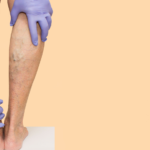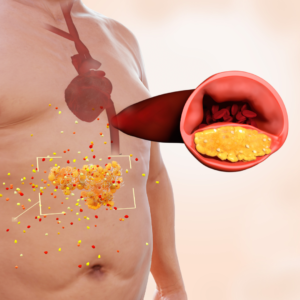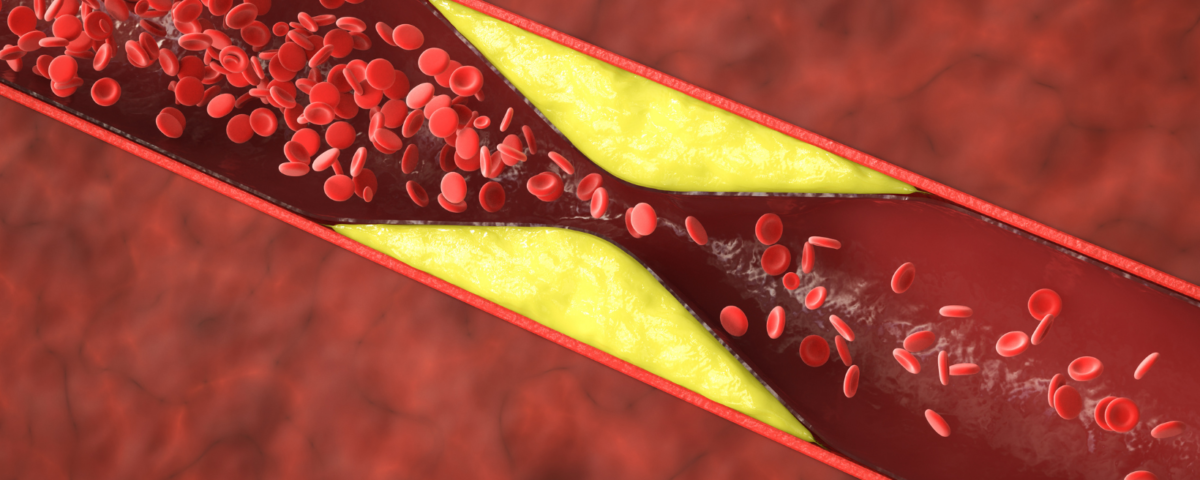
How Much Does Varicose Vein Treatment Cost Without Insurance?
September 27, 2023
Fall Laser Treatments in Maryland
October 6, 2023Understanding the symptoms of atherosclerosis and how it is treated is important. If you have been diagnosed with atherosclerosis, or think you may have it, you should see a vein specialist in Maryland as soon as possible. Here’s what you need to know about atherosclerosis.
What is Atherosclerosis?
This is a condition where the arteries become thickened or hardened. It’s due to the buildup of plaque in the inner lining of the artery. Plaque consists of fatty deposits, cholesterol, cellular waste, calcium, and fibrin. As it builds up along the artery walls, they become stiff and thickened. This reduces blood flow and oxygen supply to the body’s organs and extremities.
Causes of Atherosclerosis
It’s not known exactly how or why atherosclerosis starts. Risk factors include:
- High cholesterol and triglyceride levels
- High blood pressure
- Type 1 diabetes
- Smoking
- Obesity
- Sedentary lifestyle
- High saturated fat diet
[Related: Best Foods for Vein Health]
Atherosclerosis Symptoms
Unfortunately, the signs and symptoms of atherosclerosis develop very slowly. Additionally, the symptoms may vary depending on which artery is affected. However, a blockage in a major artery can cause severe signs and symptoms like heart attack, stroke, or blood clot.
Often, these symptoms can look like other heart conditions, so it’s important to see your doctor.
Diagnosis and Treatment 
There are several tests that can help your doctor diagnose atherosclerosis. Such as:
- Cardiac catheterization
- Doppler sonography
- Blood pressure comparison
- MUGA/radionuclide angiography
- Thallium/myocardial perfusion scan
- Computerized tomography or CT
When it comes to treating atherosclerosis, there are several approaches. First, lifestyle changes such as diet, alcohol consumption, stopping smoking, and managing cholesterol and blood glucose levels can have positive impacts on the condition.
Next, there are medications. There are several options, including antiplatelet medicines, anticoagulants, cholesterol lowering medicines, and blood pressure medicines. Your doctor may prescribe medication in combination with making changes to your lifestyle to improve your condition.
Finally, there are surgical options for treating atherosclerosis. These include coronary angioplasty and coronary artery bypass (also known as bypass surgery).
Doctor for Atherosclerosis
This condition should be taken very seriously as it can lead to life threatening symptoms. If you would like to learn more about atherosclerosis symptoms and treatment, please contact the Vein Center of Maryland today.




